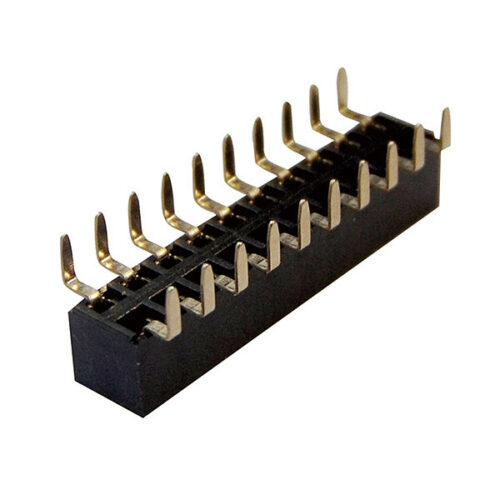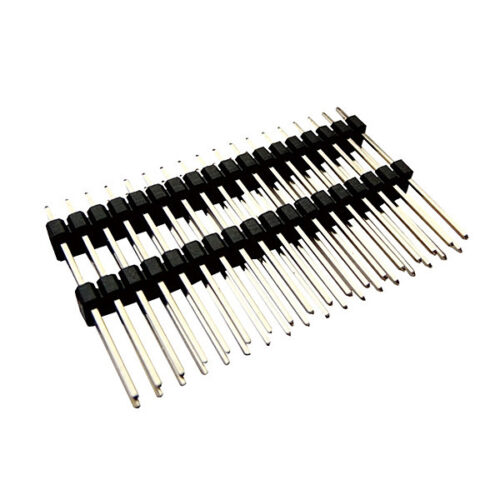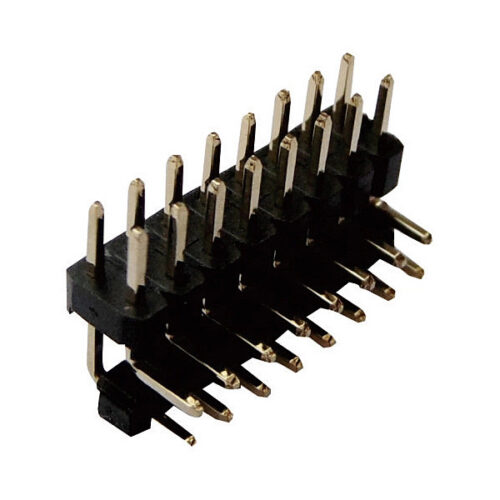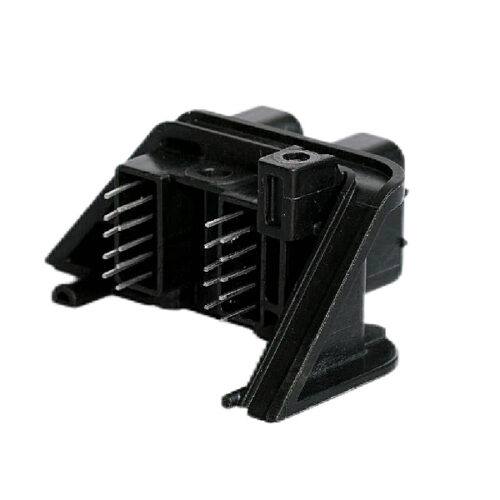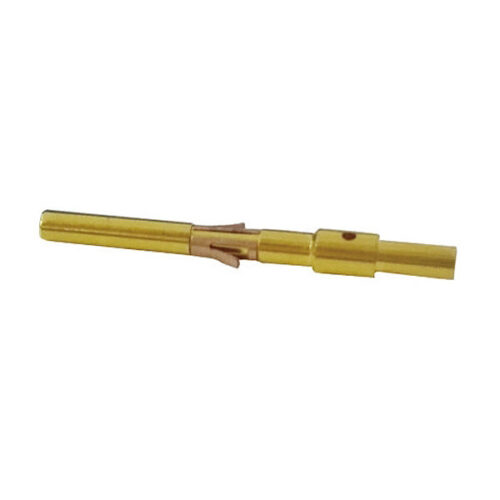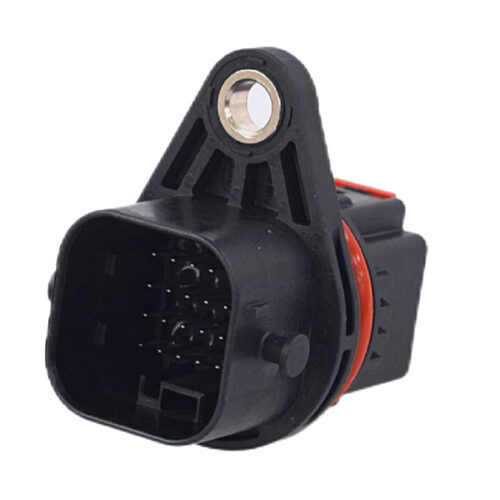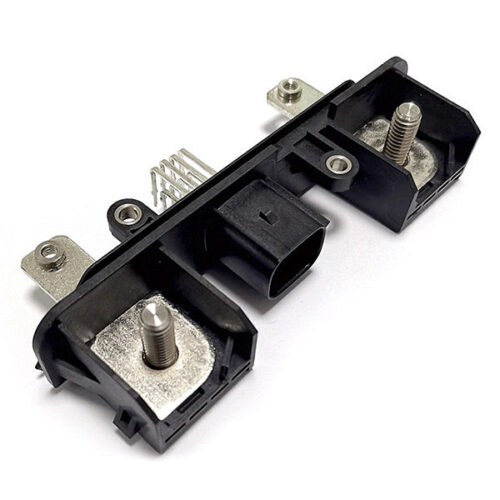Blogs & News
We are focus on automotive wiring harness & connectors technology.
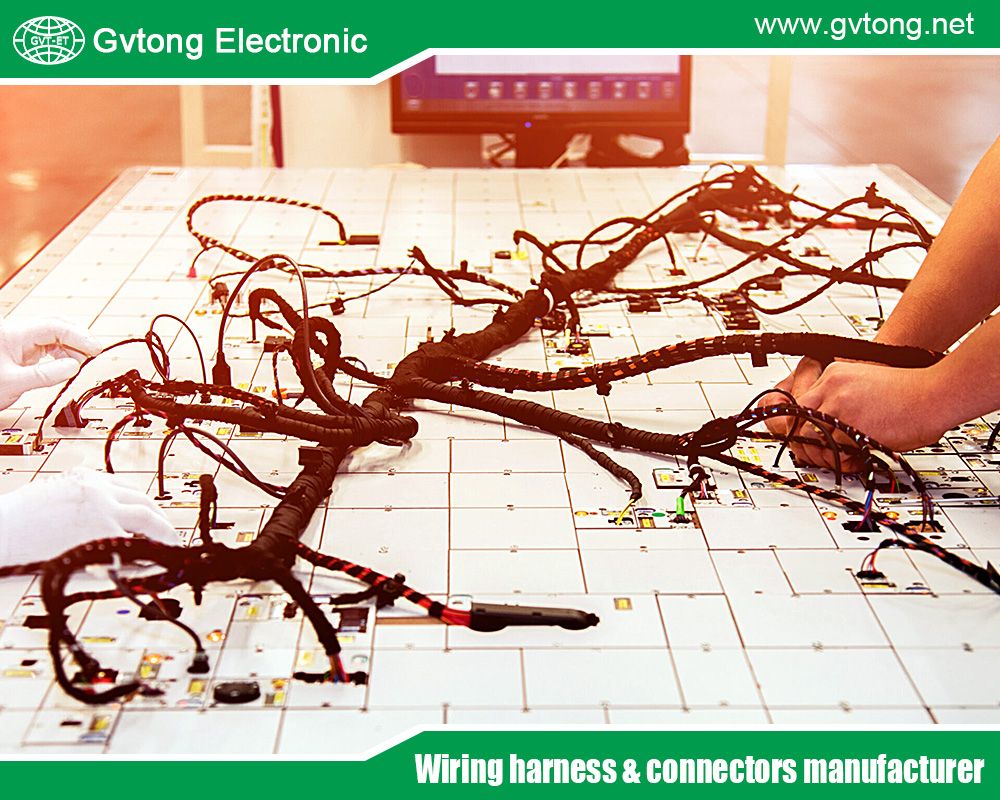
The Best Oil-Resistant Automotive Connector Manufacturers
- Gvtong Electronic
- 2p 32p Automotive Connector Terminal Crimping, adas automotive connector, ADAS automotive connectors manufacturer, ADAS sensor connectors, Anti-vibration automotive connectors, Automated assembly connectors Cost-effective automotive connectors, automotive connector, Automotive Connector and Cable Products, automotive connector manufacturers, automotive connector market, Automotive Connector Supplier, automotive diagnostic connector, automotive electrical connector, automotive High voltage connector, automotive hybrid connector, automotive optical fiber connector, automotive power distribution, Automotive shielded connectors, automotive waterproof connectors, Battery management system (BMS) connectors, best oil-resistant automotive connector manufacturers, Blind-mate automotive connectors, EV charging connectors, Fuel cell connectors, High-speed data connectors, High-temperature resistant connectors, In-cabin infotainment connectors, Lightweight automotive connectors, Low-contact resistance connectors, Modular automotive connectors, Oil-Resistant Automotive Connector, Oil-Resistant Automotive Connector Manufacturers, Pre-charge/discharge connectors, Quick-fit automotive connectors, V2X communication connectors
- No Comments
The Best Oil-Resistant Automotive Connector Manufacturers
In the intricate world of automotive engineering, where vehicles endure extreme conditions ranging from scorching engine bays to oil-soaked undercarriages, the role of reliable electrical connectors cannot be overstated. Oil-resistant automotive connectors are specialized components designed to maintain electrical integrity in environments exposed to oils, fuels, lubricants, and other hydrocarbons. These connectors prevent degradation, corrosion, and failures that could lead to system malfunctions, safety hazards, or costly downtime. As vehicles become more electrified and complex—with electric vehicles (EVs), hybrid systems, and advanced driver-assistance systems (ADAS) proliferating—the demand for high-performance, oil-resistant connectors has surged.
This article delves into the realm of oil-resistant automotive connector manufacturers, exploring their innovations, technologies, and contributions to the industry. We’ll examine the history of these components, their key features and benefits, profiles of leading manufacturers, selection guidelines, and future trends. Drawing from industry insights, this 2000-word guide aims to equip engineers, procurement specialists, and automotive enthusiasts with the knowledge to navigate this critical sector. Whether you’re sourcing for OEM production or aftermarket repairs, understanding these manufacturers is key to ensuring durability and performance in oil-prone applications.
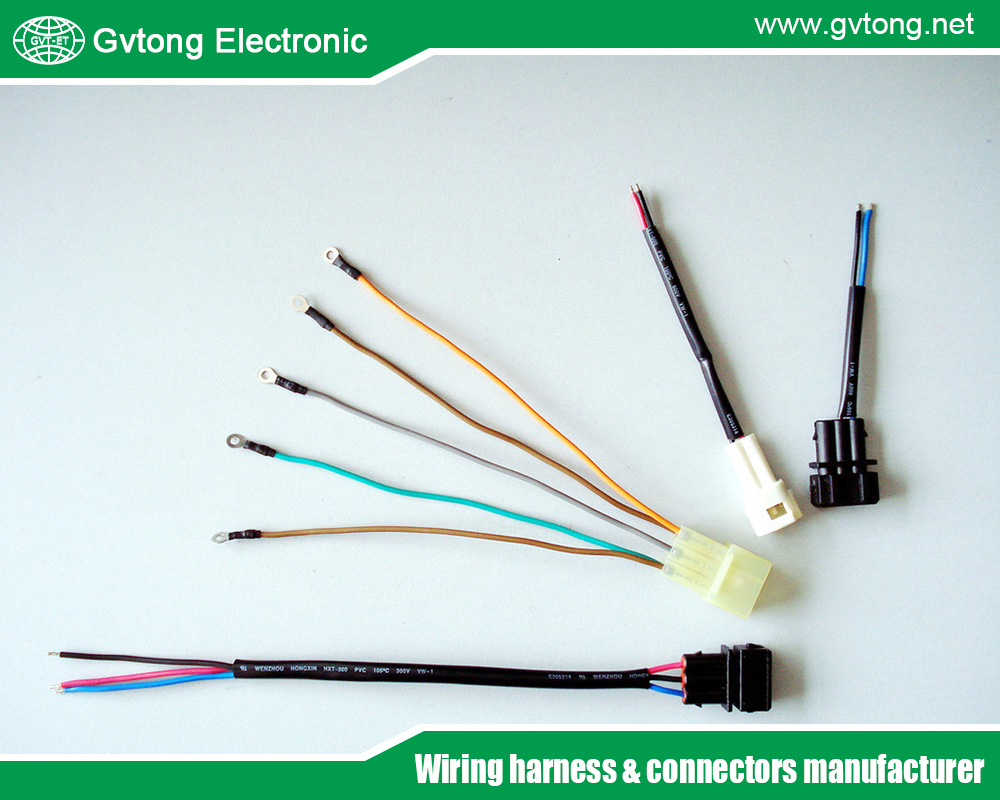
History of Automotive Connectors and Oil Resistance
The evolution of automotive connectors traces back to the early 20th century when vehicles transitioned from rudimentary mechanical systems to electrically dependent machines. In the 1920s, basic wire splices and soldered joints sufficed for simple lighting and ignition systems. However, as automobiles incorporated more electronics—radios in the 1930s, power windows in the 1950s, and electronic fuel injection in the 1970s—the need for reliable, modular connections grew.
Oil resistance emerged as a critical requirement in the post-World War II era, when engines became more powerful and oil exposure intensified. Early connectors, often made from basic rubber or PVC, degraded quickly in oily environments, leading to insulation breakdown, corrosion, and electrical shorts. A pivotal moment came in the 1960s with the advent of synthetic materials like neoprene and silicone, which offered better resistance to oils and chemicals. Manufacturers began incorporating seals and gaskets to prevent fluid ingress, inspired by aerospace and military applications where reliability was paramount.
By the 1980s, the automotive industry faced stricter emissions and safety regulations, prompting innovations in connector design. Companies like TE Connectivity (formerly AMP) introduced sealed connectors with oil-resistant elastomers. The 1990s saw the rise of modular wiring harnesses, where oil-resistant connectors became standard in transmission, engine, and fuel systems. Research into degradation mechanisms—such as fretting corrosion, oxidation, and delamination—highlighted the need for advanced materials. For instance, studies on road-tested vehicles revealed that oil exposure accelerated wear, with temperature fluctuations exacerbating failures.
The 2000s brought digitalization, with CAN bus systems requiring low-resistance contacts immune to oil-induced interference. Today, with the shift to EVs, connectors must handle higher voltages while resisting battery coolants and synthetic lubricants. Manufacturers have responded with hybrid materials, like polyphenylene sulfide (PPS) blended with fluoropolymers, achieving oil resistance per standards like ISO 6722. This historical progression underscores how oil-resistant connectors have evolved from basic necessities to sophisticated enablers of modern mobility.
The Importance of Oil Resistance in Automotive Connectors
Oil resistance is not merely a feature—it’s a lifeline for automotive electrical systems. In vehicles, connectors are exposed to various oils: engine oil, transmission fluid, brake fluid, and even biofuels. Without proper resistance, these fluids can penetrate seals, dissolve insulation, or corrode metal contacts, leading to increased resistance, voltage drops, and potential fires.
Consider the harsh under-hood environment: temperatures can exceed 150°C (302°F), with vibrations from the engine causing micro-movements that accelerate wear. Oil splashes or leaks compound this, promoting galvanic corrosion between dissimilar metals. In industrial vehicles like trucks or off-road equipment, exposure is even more severe, with hydraulic oils and greases posing constant threats.
The consequences of failure are dire. A degraded connector in an ABS system could compromise braking, while one in a fuel pump might cause stalling. Economically, unplanned downtime in fleets costs thousands per hour. Oil-resistant connectors mitigate these risks by using materials that repel hydrocarbons, maintaining dielectric strength and mechanical integrity over time. Standards like UL 94 for flammability and IP67 for ingress protection ensure compliance, making oil resistance indispensable for safety, reliability, and longevity.
Key Features and Benefits of Oil-Resistant Automotive Connectors
Oil-resistant connectors boast several engineered features that set them apart from standard variants. Primarily, they employ specialized polymers such as fluorosilicone, Viton, or EPDM (ethylene propylene diene monomer) for seals and housings. These materials exhibit low swell rates in oils—typically under 5% volume change per ASTM D471 testing—preventing leaks and maintaining compression.
Contacts are often tin-plated or gold-plated copper alloys, offering low contact resistance (under 10 mΩ) and corrosion protection. Features like terminal position assurance (TPA) locks ensure secure mating, while strain relief designs absorb vibrations. Some advanced models integrate lubricants or greases that enhance oil repellency and reduce insertion forces by up to 50%.The benefits are multifaceted. Enhanced durability extends service life, reducing maintenance costs—studies show oil-resistant connectors last 2-3 times longer in harsh environments. They improve system efficiency by minimizing electrical losses, crucial for EVs where every watt counts. Safety is bolstered through short-circuit prevention and fire resistance. Environmentally, better longevity means less waste from replacements. In applications like sensors near oil pans or wiring in gearboxes, these connectors ensure consistent performance, even in biodiesel or synthetic oil exposures.
Moreover, they facilitate modular designs, allowing quick assembly and repairs. For manufacturers, this translates to faster production lines and lower warranty claims. Users benefit from peace of mind, knowing their vehicles can handle oil spills or submersion without electrical faults.
Profiles of Leading Oil-Resistant Automotive Connector Manufacturers
The market for oil-resistant automotive connectors is dominated by a few innovative giants, each bringing unique expertise.
TE Connectivity, a Swiss-American powerhouse, leads with its Deutsch and AMPSEAL series. Founded in 1941, TE has pioneered oil-resistant designs using PPS housings and silicone seals, rated for -55°C to 125°C and IP69K protection. Their connectors are used in heavy-duty trucks and EVs, with features like integrated shielding against EMI. TE’s commitment to sustainability includes recyclable materials, and they supply major OEMs like Ford and Tesla.
Yazaki Corporation, a Japanese firm established in 1941, specializes in wiring harnesses with oil-resistant connectors. Their YESC series employs fluororubber seals for superior hydrocarbon resistance, ideal for engine compartments. Yazaki’s global footprint includes over 200 facilities, emphasizing miniaturization for space-constrained hybrids. They collaborate with Toyota, incorporating anti-vibration tech that reduces failure rates by 30%.Sumitomo Electric Industries, another Japanese leader since 1897, offers the TS and HV series, featuring ceramic-infused plastics for extreme oil resistance. Their connectors withstand 150°C continuous exposure and are common in transmissions. Sumitomo’s R&D focuses on high-voltage applications for EVs, with oil-proof barriers preventing fluid migration.
Amphenol, an American company dating to 1932, excels in rugged connectors like the AT series. Using thermoplastic housings with Viton seals, they achieve oil immersion resistance per SAE J2030. Amphenol serves military crossovers to automotive, with products in Daimler’s vehicles. Their lubricants enhance fretting resistance, extending mating cycles to 100+.Aptiv (formerly Delphi), founded in 1994, provides the Weather Pack and Metri-Pack lines, renowned for oil-tight seals. Their thermoplastic elastomer (TPE) materials resist synthetic oils, with TPA features ensuring reliability. Aptiv’s innovation in smart connectors integrates sensors for real-time monitoring, used in GM and Volkswagen models.
Other notables include Molex, with its MX150 series for sealed, oil-resistant applications; JAE Electronics for precision connectors in Japanese autos; and KOSTAL, a German specialist in oil-performance connectors that are “oil-tight and rugged.” Emerging Chinese manufacturers like Gvtong offer cost-effective alternatives, focusing on sealed designs for exports.
These manufacturers invest heavily in testing—simulating oil exposure, thermal cycling, and vibrations—to meet ISO/TS 16949 standards, ensuring global competitiveness.
How to Select Oil-Resistant Automotive Connectors
Selecting the right connector involves a systematic approach to avoid pitfalls like premature failure or incompatibility.
First, assess environmental exposure: Identify oils (e.g., mineral vs. synthetic) and temperatures. Choose connectors with verified resistance per EN 60529 or ASTM standards.
Second, evaluate electrical requirements: Voltage (up to 1000V for EVs), current (e.g., 20A+), and signal integrity. Opt for low-resistance contacts to minimize heat buildup.
Third, consider mechanical factors: Vibration ratings (per ISO 16750), mating cycles (500+), and size constraints. Sealed designs with IP67+ are essential for oil-prone areas.
Fourth, material compatibility: Ensure housings like PBT or nylon resist specific oils without swelling. Plating (tin vs. gold) affects cost and performance.
Fifth, certifications: Look for UL, SAE, or RoHS compliance. Brand reputation matters—review case studies from manufacturers.
Sixth, integration: Match with wire gauges (AWG 10-22) and harness designs. Test prototypes in simulated conditions.
Finally, cost-benefit analysis: Premium connectors from TE or Yazaki may cost more but save on long-term reliability. Consult suppliers for custom solutions.
Case Studies and Real-World Applications
In a fleet of construction vehicles, oil leaks from hydraulic systems caused frequent connector failures until switching to Sumitomo’s oil-resistant models, reducing downtime by 40%. Similarly, an EV manufacturer used Amphenol connectors in battery packs, withstanding coolant oils and extending warranty periods.
Future Trends in Oil-Resistant Automotive Connectors
Looking ahead, trends include smart connectors with embedded diagnostics, lighter materials for EVs, and bio-based polymers for sustainability. 5G integration demands EMI shielding alongside oil resistance. Manufacturers are exploring nanotechnology for self-healing seals, promising even greater durability.
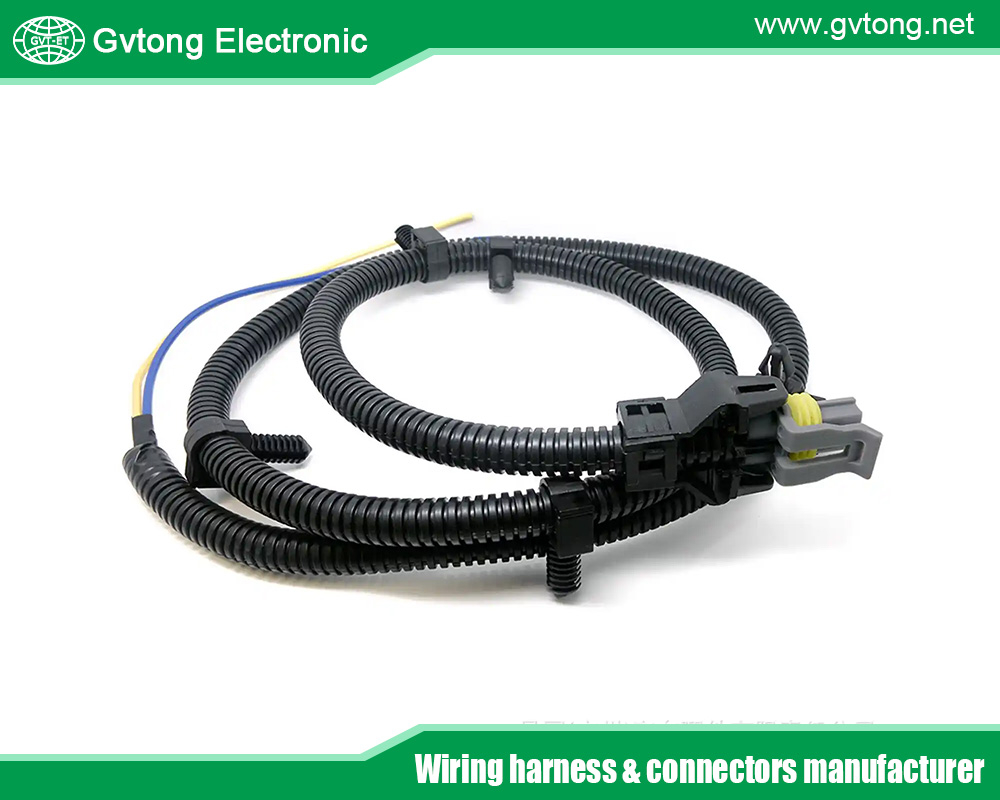
Conclusion
Oil-resistant automotive connector manufacturers are at the forefront of enabling safer, more efficient vehicles. From TE Connectivity’s robust designs to emerging players like Gvtong, these companies drive innovation amid evolving challenges. By understanding history, features, and selection criteria, stakeholders can make informed choices, ensuring electrical systems thrive in oily environments. As the industry accelerates toward electrification, these connectors will remain pivotal, safeguarding the heartbeat of modern automobiles.
For more about the best oil-resistant automotive connector manufacturers, you can pay a visit to Gvtong at https://www.gvtong.net/ for more info.


